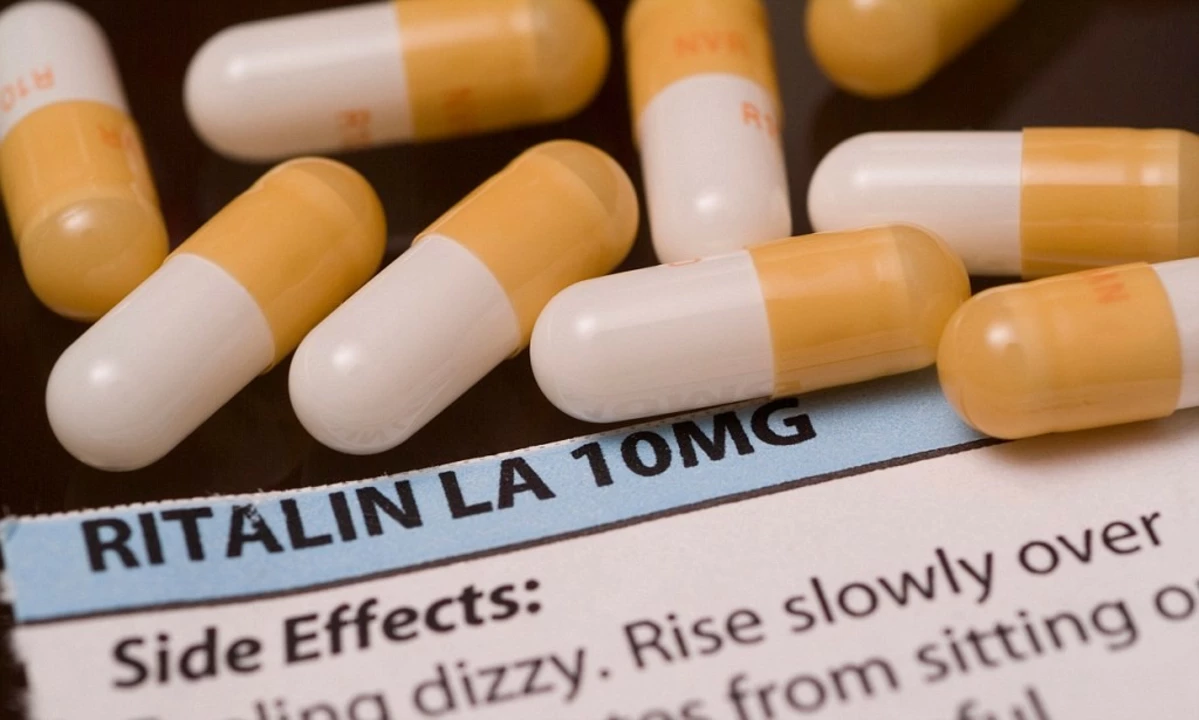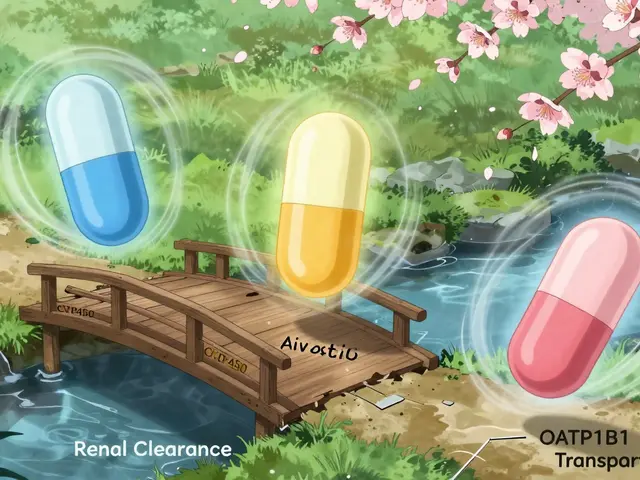Acitretin: What It Is, How to Use It, and What to Watch For
Acitretin is an oral retinoid prescribed mainly for severe plaque psoriasis and some rare skin disorders. If you’ve tried creams and UV therapy without luck, your doctor might suggest this pill to calm stubborn flare‑ups.
The drug works by changing how skin cells grow and die, slowing down the rapid turnover that creates thick, scaly patches. Because it targets the whole body, you’ll notice changes across all affected areas rather than just one spot.
How Acitretin Works and Who Needs It
Acitretin belongs to the retinoid family, which are vitamin A derivatives. It tells skin cells to mature properly and reduces inflammation. Most people start on a low dose—usually 10‑25 mg per day—and the doctor may adjust it based on response and lab results.
Typical dosing ranges from 0.5 mg/kg to 1 mg/kg daily, taken with food to improve absorption. Treatment often lasts several months; doctors check progress every 4‑8 weeks and may taper the dose once plaques clear.
Safety Tips & Common Questions
Side effects are common but usually manageable. Expect dry lips, itching, or mild hair loss at first. More serious issues include high triglycerides, liver enzyme changes, and bone pain. Report any severe headache, vision changes, or unexplained swelling right away.
Acitretin is absolutely contraindicated in pregnancy. It stays in the body for up to three years, so both men and women must use effective birth control during treatment and for at least three years after stopping the drug. Alcohol can raise triglyceride levels, so limit drinking while on acitretin.
Drug interactions matter: avoid taking vitamin A supplements, tetracycline antibiotics, or systemic steroids without doctor approval. Some cholesterol‑lowering meds may need dose tweaks because acitretin can raise lipid numbers.
Your doctor will order blood tests before starting and periodically during therapy—checking liver function, cholesterol, and calcium levels. Keep a log of any new symptoms and bring it to each appointment.
FAQ quick hits: Can I take acitretin with other psoriasis meds? Often yes, but only under close supervision. Will I need regular skin exams? Yes, to track improvement and spot side effects early. Is it safe for teens? It can be prescribed, but doctors are extra cautious about growth plates and future pregnancy plans.
If you’re considering acitretin, discuss your full medical history, current meds, and lifestyle habits with your physician. With the right monitoring, many people achieve clear skin that lasts months after stopping the drug.
Acitretin for Children: Is It a Safe Treatment Option?
As a concerned parent, I've been researching Acitretin as a potential treatment option for my child. From what I've gathered, Acitretin is a medication used primarily for severe psoriasis in adults. However, its safety and efficacy in children is still being debated among medical professionals. While some studies show promising results, others express concerns about potential side effects, such as bone growth abnormalities. As a result, I believe it's important to weigh the risks and benefits with a healthcare provider before considering Acitretin for our little ones.






